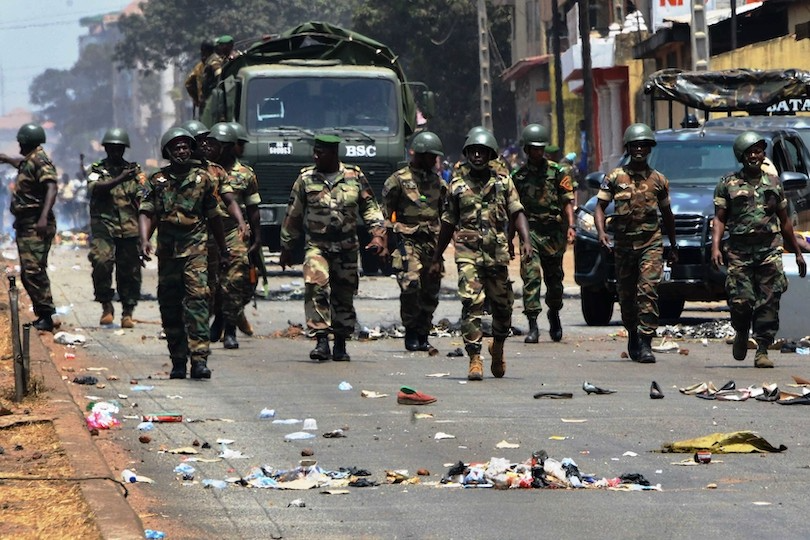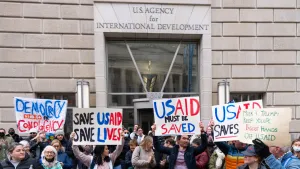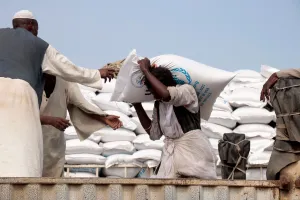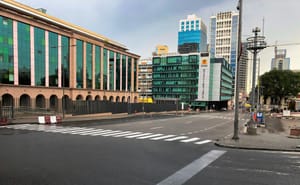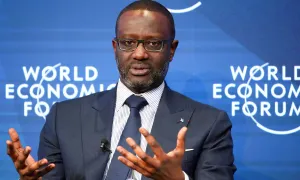Over the past few years, Africa has witnessed a sharp increase in military coups, marking a significant shift in the continent’s political trajectory. With nine successful coups and several failed attempts since 2020, this new wave is driven by three interconnected dynamics: entrenched military influence, historical patterns of regime overthrows, and the shifting tides of global geopolitics.
Countries affected by coups often share a long history of military takeovers. This legacy fosters a self-reinforcing cycle: the more a country experiences coups, the more vulnerable it becomes to further ones. For example, Burkina Faso, which suffered two coups in 2022, had already witnessed multiple others in previous decades. These repeated disruptions create instability, as new leaders who seize power by force frequently attempt to consolidate authority, only to face new military threats themselves.
Another core driver lies in the militaries' deep-rooted role in post-colonial African governance. Initially reinforced by colonial regimes to suppress dissent, these institutions were later bolstered by African leaders as tools for regime preservation. High defense spending and patronage networks strengthened the armed forces, inadvertently enabling their political ambitions. In the Sahel, where states are battling jihadist insurgencies, militaries have gained even more influence, further blurring the lines between defense and governance.
The broader global context is also emboldening coup leaders. As competition between global powers intensifies, authoritarian actors are finding more opportunities to forge strategic alliances with partners who prioritize influence over democratic norms. Countries like Mali, Burkina Faso, and Niger, after ousting their civilian governments, pivoted away from traditional Western allies and aligned with Russia. This shift has not only weakened multilateral pressure but has also provided these regimes with new security backing.
These states share a familiar post-coup playbook: severing ties with France, vilifying regional bodies like ECOWAS, and appealing to nationalist sentiments about sovereignty. In a dramatic turn, Mali, Burkina Faso, and Niger withdrew collectively from ECOWAS in early 2024 and formed the Alliance des États Saheliens—signaling deeper coordination among military regimes.
This resurgence of military rule comes amid a broader democratic recession in Africa, worsened by the COVID-19 pandemic. Many of these juntas show little intention of returning power to civilians. They extend transitional timelines, conduct tightly controlled referendums, and argue that national security must precede democratic reforms.
What we’re seeing is not a series of isolated power grabs, but a region-wide transformation. As armed conflict rises and authoritarianism tightens its grip, Africa finds itself navigating a volatile era—one that reflects not only internal challenges but also the broader realignments of global power.
